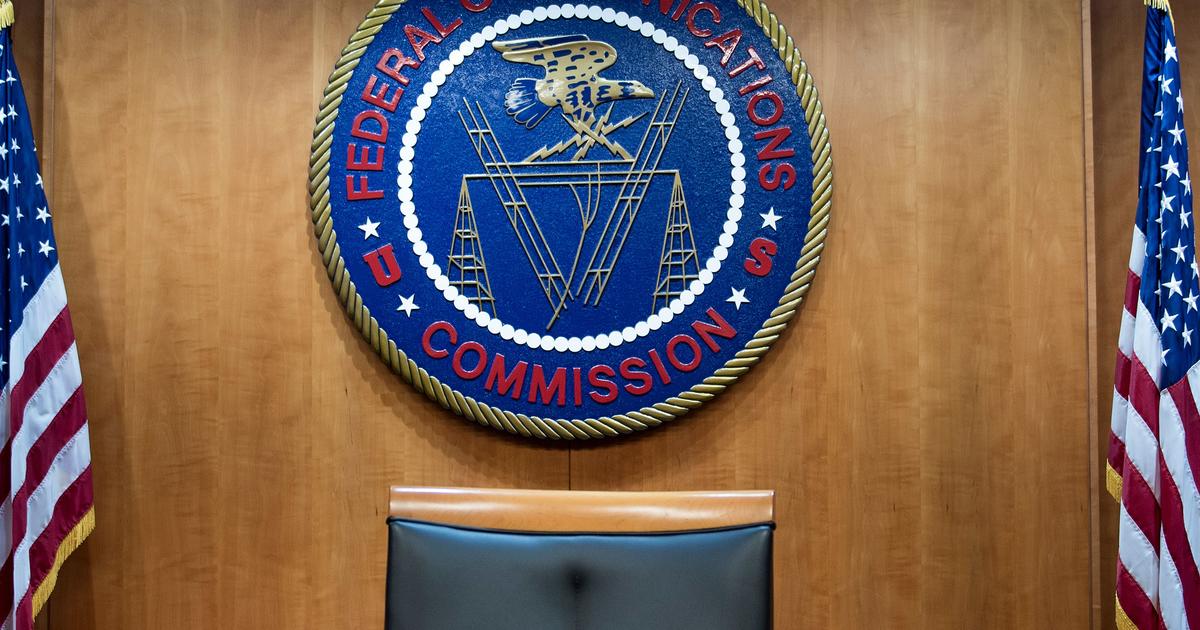- Joined
- Dec 6, 2010
- Messages
- 33,424
- Reaction score
- 5,686
Are you sure you're talking about MBs and not Mbs?
5MB/s is about 40 mb/s. I can stream multiple HD streams at the same time. What kind of speed are you currently getting? Why would you ever need anything faster?
My mistake, internet speed down here are always in Mbps so I switched it in my head by default.
The option for my neighborhood is currently either $40 for 500 Mbps or $60 for 1Gbps.
I'm sure not that many people need gigabit internet, but that's just how the market works over here: instead of the price going down over the years, we continuously get faster speed for the same price as ISP's upgrade their network and aggressively competing against each other in download speed instead of pricing, and the internet bandwidth is always uncapped: you pay the same price no matter how much you download/upload each month.
Back when I was in college, the same prices would get me half of the speed now, but we roughly pay the same price points. Same with mobile phone: wireless plans have always been around $40-$60 a month, we just got much less mobile data, talk time, and speed back then compare to now.
(This ofcourse only apply to the cities and suburbs. Those who lives in rural areas are generally fucked since no ISPs want to lay down super high-speed internet lines where they only have a handful of customers within hundreds of square miles of farm land, so their pricing and speed are on a whole different universe than we are).
Last edited:


/cdn.vox-cdn.com/uploads/chorus_asset/file/24511277/STK417_H_Herrera_Money_03.jpg)
